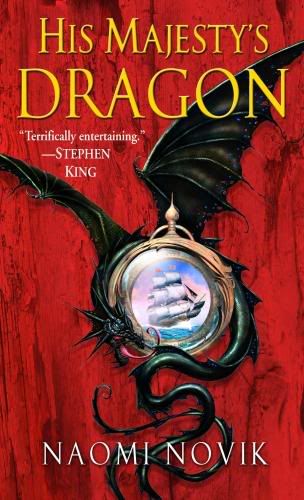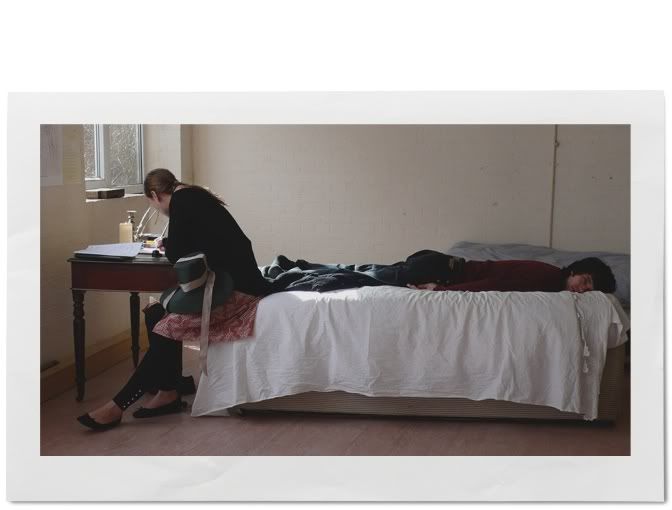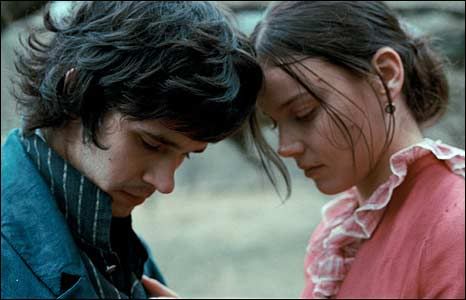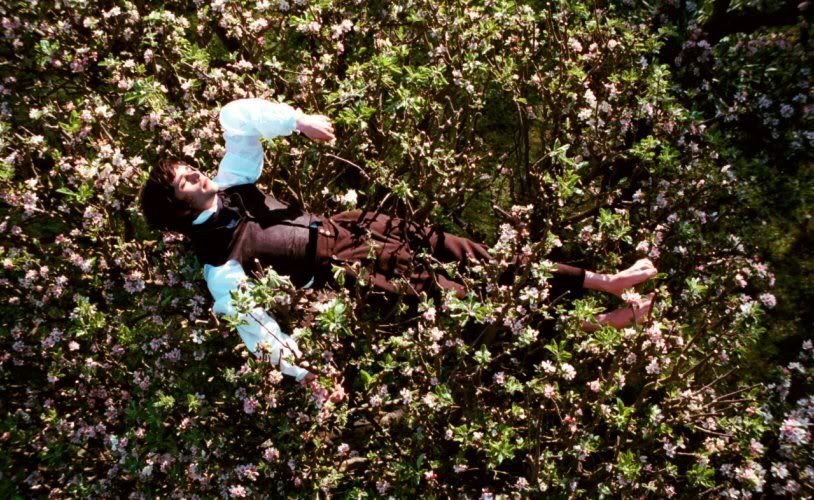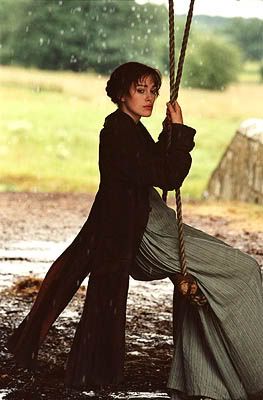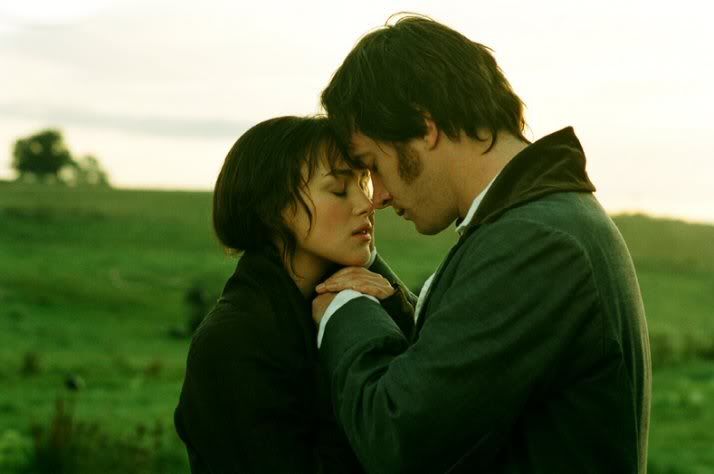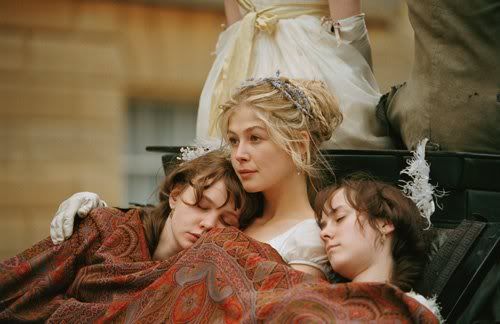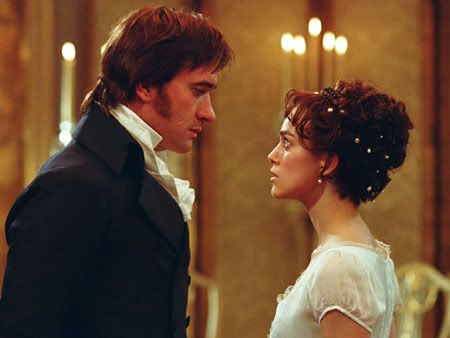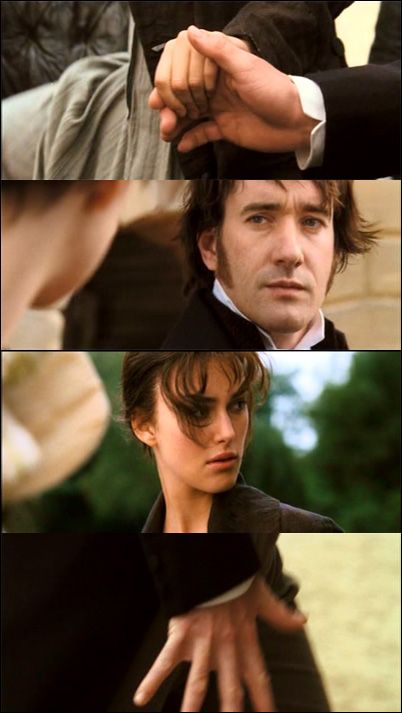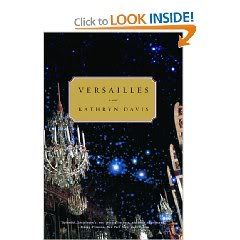
Versailles: A Novel
by Kathryn Davis
by Kathryn Davis
Cover: I had a hard time finding any image of the cover that wasn't tiny on the internet, so trust me when i say that it's a fine one. It appears to be a photo of the ceiling in the Hall of Mirrors, where little flickers and sparks dance around chandeliers. It's kind of haunting, actually.
Summary: This is a difficult one to sum up. It's basically a series of snapshot-like vignettes of Revolutionary France, in particular life at Versailles, written in a fictional Marie-Antoinette's voice. I think the thing that most struck me about the summary on Amazon is that it's not so much "a novelization of the doomed queen's life," but rather a poetic interpretation of what it must have been like to live at the palace, and Davis has Marie-Antoinette explain to us that she, herself is a part of the soul of Versailles. If any of that makes any sense...
My Review: I liked it and I didn't like it, so I'm going to split this review up thus into two parts:
LIKES--
Davis writes beautifully. I think a really cliche'd way of describing her style would be to call it "poetic prose" or "lyrical," but there's more to it than that. She takes elements from modern dialogue and the historical dialogue and mixes them into a surreal trip through the mind/(soul?) of Marie-Antoinette.
As I have said in previous posts, I'm not *always* a stickler for historical accuracy, if I can see the reasoning behind a change or the omission of fact. I think that, for the most part, Davis had an accurate read on the queen's character, and her attention to the historical details of the building of the palace is impressive.
DISLIKES--
If you have not read a bit on the life of Marie-Antoinette, this is not the book for you. After I saw the Sofia Coppola movie, I went on a bit of a Marie-Antoinette kick and read a few biographies and history books on the subject, so while I know less of this time than I do of other historical periods, I was able to easily get the historical references in Versailles. However, unless you know the details of The Affair of the Necklace, the historical right for the fishmongers' wives to appear in Versailles, the botched escape plan, and myriad other little details of Marie-Antoinette and Louis XVI's life, this will be a confusing little book. So, even though it's not marketed as such, I think it can only be read as a "foot note" fictional interpretation, along with the real story.
The book is structured in a mix of stream-of-consciousness, a blending of past and present, historical revisionism, and even little one-act plays. Yes, plays. Surrealist plays. I really got a lot out of Davis' prose style, but the plays seemed to break up the flow of the novel. They were too jarring, involving characters we don't really know, and they just seemed unnecessary, perhaps an "easy way out" of exposition.
Overall, I think I'll conclude on that I enjoyed this short novel. It's not my favorite interpretation of the queen's life (the real story, after all, is so fascinating that it needs little fictional embellishment), but as a history geek I appreciated some of Davis' commentary on our fascination with Marie-Antoinette.
"Why should it be sad, the end of privilege?
Why should it be sad that Marie-Antoinette never sees the Trianon again, except for the fact that it's always sad when anything ends forever."
It's a powerfully-true statement to make: perhaps we who study history love the endless chase, forever trying to glimpse something that we can never quite see.
Read a Bookslut interview with the author
Buy this book on Amazon

